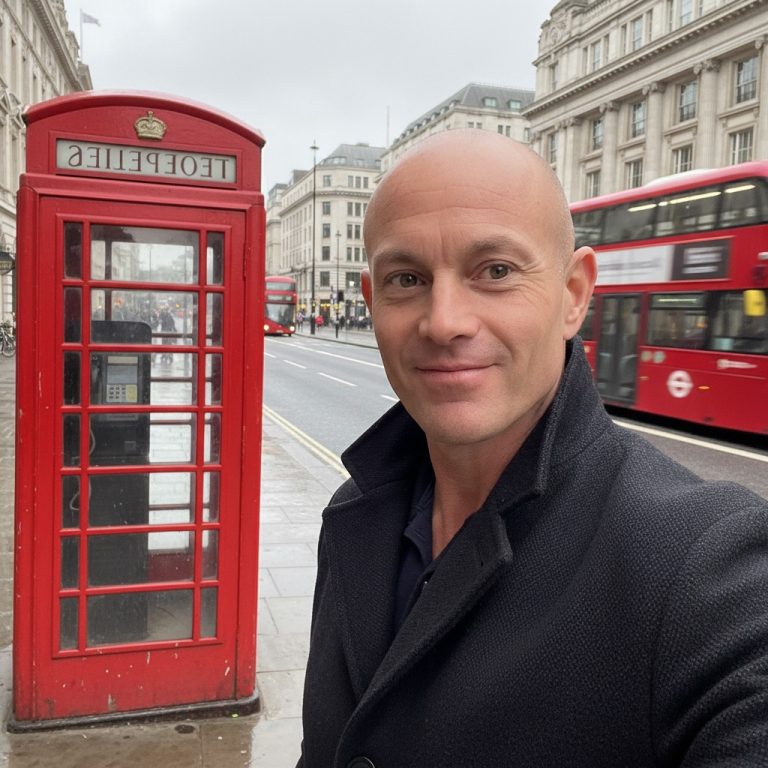In the business world, comebacks are often portrayed as dramatic, flashy, or fueled by revenge. But for Brian Ferdinand, the return is quieter. More thoughtful. More focused.
It’s not about headlines. It’s about clarity.
After two decades of trading wins, entrepreneurial ventures, and painful lessons, Ferdinand has stripped away the noise to return to what he knows best — the markets. His second act isn’t a reinvention. It’s a re-centering.
And he’s clear: “This time, I’m not proving anything. I’m building from experience.”
From Startup to Market Shaper: The Early Trading Years
Ferdinand’s professional journey began in the early 2000s when he joined ECHOtrade — a little-known proprietary trading startup — as its sole New York representative. With little more than vision and velocity, he scaled it into a global player.
By 2011, the firm had nearly 900 licensed traders and a tech-driven strategy that stood out in a rapidly evolving market. Ferdinand led the firm’s early push into algorithmic and electronic trading, years before these tools became industry standard. His innovations in direct-to-exchange access and automation allowed ECHOtrade to stay fast, efficient, and massively profitable — generating over $400 million in trading profits over a four-year period.
“We weren’t just keeping up,” he says. “We were building infrastructure to stay ahead.”
That era established Ferdinand’s reputation — a savvy strategist with the rare ability to pair trading instincts with operational execution.
Branching Out: Bold Ventures Beyond the Market
Like many entrepreneurs shaped by success, Ferdinand felt the pull to go further — beyond finance, beyond screens, beyond the predictable.
Over the next decade, he ventured into entrepreneurship. First in fintech, then into short-term rentals and hospitality — a sector he believed was ripe for disruption.
Using the same blueprint that had worked in trading — data, automation, scalability — he set out to systematize the guest experience. His teams brought in professional operators, designed tech platforms, and introduced standards that would later become common in the hospitality-tech space.
For a time, it worked. Investors came on board. Properties scaled. The model gained traction.
But beneath the surface, operational cracks were forming.
The Fall: Complexity, Overreach, and Lessons in Leadership
Ferdinand is refreshingly candid about what happened next.
“We moved too fast. We underestimated how complex this business really was,” he says.
The problems weren’t ideological. They were structural — long-term leases with hidden risk, union issues, thin operating margins, and investor constraints that limited his ability to respond in real time. And most critically, he had removed himself from day-to-day operations, placing trust in teams that didn’t fully match the demands of the scale.
“It was a perfect storm,” he reflects. “I thought I had built a business. What I had was a fragile structure dependent on flawless execution — and I didn’t have that.”
The result was a financial loss that hit him personally. He was the largest investor — and the one most exposed.
But instead of spinning the loss or walking away quietly, Ferdinand used it.
“I learned that a great vision without the right operators is just a risk. And a costly one.”
The Shift: Walking Away from the Executive Life
By 2024, Ferdinand made the decision to exit his executive and board roles across all ventures. Not out of defeat — but out of clarity.
He didn’t want to be a CEO anymore. He didn’t want to lead operational teams or chase scale. He wanted to get back to his strengths — market analysis, strategy, investing, and trading.
“The moment I stepped away from managing people and operations, I felt lighter. I felt like myself again.”
Now splitting his time between Miami and London, he’s returned to full-time trading and strategic investing — applying everything he’s learned with a deeper sense of discipline.
And this time, there’s no rush.
“I’m not chasing anything,” he says. “I’m protecting my time and leaning into where I can actually create value — not just activity.”
The Present: Trading, Writing, Advising — on His Own Terms
Today, Ferdinand is back in the markets — focused, re-engaged, and unburdened by the pressures of organizational leadership. He trades independently, advises financial ventures selectively, and writes about market inefficiencies, risk strategy, and behavioral finance.
His recent publication — Maximizing Returns: How to Identify and Exploit Market Inefficiencies — reflects a more thoughtful, deliberate voice. Less promotional. More insightful. It’s the work of someone who has seen the highs and the lows and come through sharper.
He’s also been approached by global trading firms to serve as a strategic advisor — roles that allow him to contribute without being pulled into operations.
Outside of finance, he’s expanding his work in philanthropy, supporting youth mentorship and organizations like the Boys & Girls Clubs of America.
“It’s important to me that I don’t just succeed privately,” he says. “I want to give back in ways that outlast my career.”


